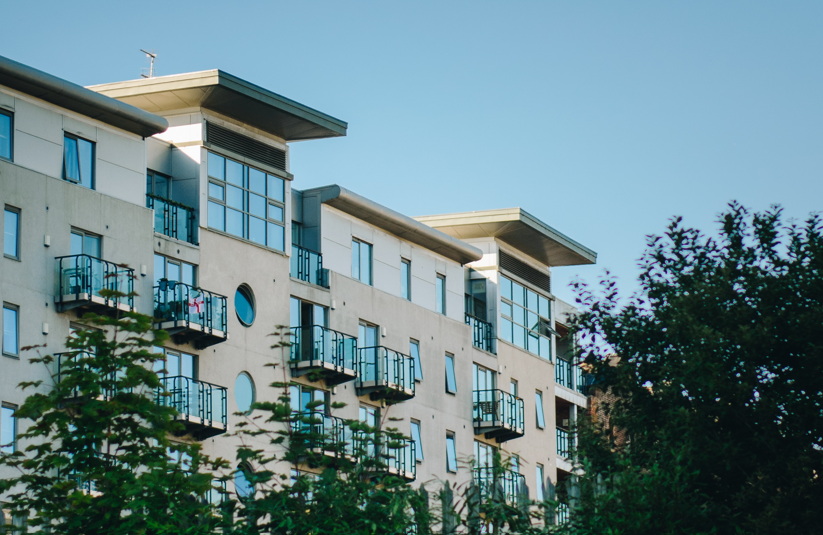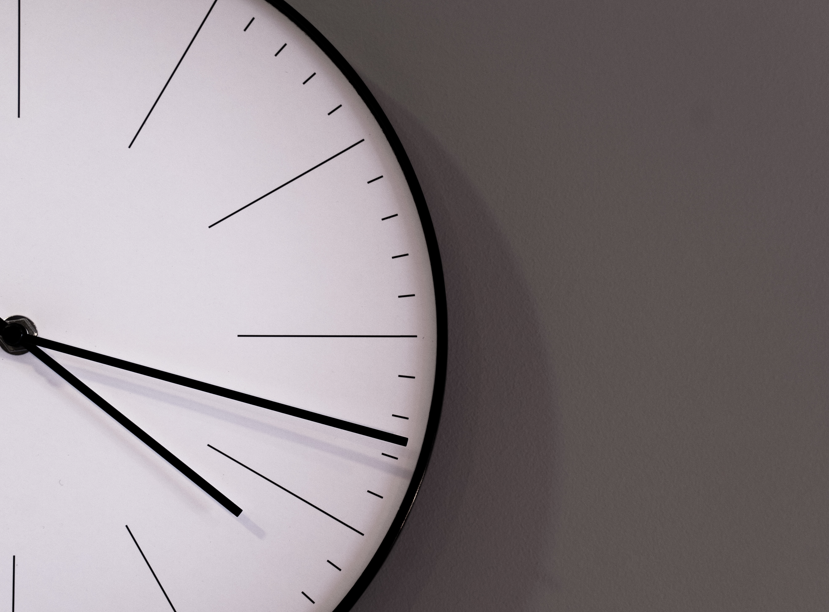My husband died 10 years ago, I gave half of our cottage to my son, making him joint owner, and paid capital gains tax on that half. My son sold his house and moved to the cottage, so it’s now his principal residence. I own a condo and half of the cottage, but I live in a seniors’ home. When my son is in Vancouver for work, he stays in my condo. After I pass away and my son inherits the condo, will he have to pay capital gains tax on its increased value if he sells it?
By Olev Edur
My alarm bell just rang. You live in a seniors’ home and own a condo plus half of a cottage—if you intend to claim the condo as your principal residence, you should be aware that according to the tax laws regarding the principal residence exemption (PRE), you must live in a property at some time during the year you want to claim it under the PRE. If you don’t use the condo yourself anymore, the Canada Revenue Agency (CRA) could deny your PRE claim and possibly levy tax on the condo from the time you moved into the seniors’ home until the time your estate is settled.
The tax on this, as well as on half of the cottage, could be quite substantial, depending on how long you’ve lived in the seniors’ home.
Living in the condo
Therefore, if you aren’t using the condo, you should start doing so. You don’t have to live there all the time— the operative phrase is “at some time during the year”—but if you can manage it, staying there even a few nights every month or two would certainly strengthen your claim for it as your principal residence.
Taxes
The way the tax would work, then, is as follows. When you pass on, your estate will be liable for capital gains tax on half of the cottage. Assuming you’ve always had the condo or another home as your principal residence, the tax would be levied on half of all the gains since you first owned the cottage (actually one-quarter, since only half of any capital gain is taxable). Since your son intends to claim the cottage as his principal residence (he needn’t do that until the cottage is sold), he’d have no continuing tax liability on the property.
Now, your estate may or may not be liable for capital gains tax on the condo, depending on whether and in which years the CRA deems it to have been (or not to have been) your principal residence. Any tax liability on the condo will have to be squared away by your estate, and the condo will then pass into your son’s hands. He’ll be liable for tax only on any gains in its value from that time until he sells it.
Photo by Dan Dimmock on Unsplash





